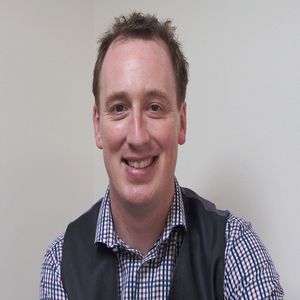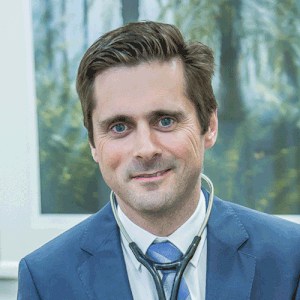
Cardiologist
Cardiologist
training at Rajaei Heart Centre in Iran in 2004 before undertaking a fellowship in interventional electrophysiology and cardiac device implantation at the same centre.

Cardiologist
20 years’ clinical experience in this subspecialty (often referred to as “Electrophysiology and Pacing”).He consults and advises on management of both ambulatory and hospitalised patients with heart rhythm disorders.

Cardiologist
training in Cardiac Rhythm Management, cardiac device implantation and catheter ablation of cardiac arrhythmias.

Cardiologist
a two year fellowship in echocardiography at Monash Medical Centre. Apart from general clinical cardiology, he has a particular interest in assessing cardiac function and valvular heart disease with cardiac ultrasound including expertise in transoesophageal and stress echocardiography.

Cardiologist
in 2010 before undertaking a two year fellowship in echocardiography at Monash Heart, Monash Medical Centre, specialising in advanced echocardiography techniques, stress echocardiography, transoesophageal echocardiography and advanced cardiac CT interpretation.

Cardiologist
coronary artery disease and chest pain syndromes.Ben completed his advanced training in cardiology in 2005, before undertaking a PhD in advanced cardiac imaging utilising Cardiac MRI.

Cardiologist
joining Melbourne Heart Care in 2002.

Cardiologist
Training in Cardiology at the Royal Prince Alfred Hospital in Sydney. Sophie moved to Melbourne in 2019, and undertook a fellowship in Non-Invasive Imaging at MonashHeart.

Cardiologist
training at Monash Heart.He then spent two years completing a fellowship in cardiac electrophysiology in British Columbia, Canada, before returning to Melbourne in 2006 to commence specialist practice.
Cardiology is the study of the heart, it is a branch of internal medicine that deals with diseases of the heart, the blood vessels near the heart and the blood circulation. A cardiologist is a specialist in internal medicine who has specialized in the treatment of heart disease through additional training. A cardiologist examines the development of cardiovascular diseases and specializes in curing them. These include diseases such as high blood pressure, coronary heart disease, heart attack, heart failure (heart failure) and cardiac arrhythmias.
Cardiology is a branch of internal medicine as an independent subject. A cardiologist specializes in diagnosing and treating diseases of the cardiovascular system. This specialist area is to be distinguished from the sub-area of cardiac surgery. A cardiologist is not the same as a heart surgeon. This opens the chest and performs heart surgery. The cardiologist, on the other hand, examines and diagnoses cardiovascular diseases and performs interventions such as cardiac catheterization or the insertion of a pacemaker.
Cardiologists study, diagnose and treat diseases of the cardiovascular system. They are similar to other doctors in that they have to assess their patients, examine their medical history, and develop a treatment plan. You must also be able to answer patient questions in the cardiology department and communicate with the patient’s family during treatment. As part of the family history, heart attacks, strokes and sudden cardiac deaths are recorded and with regard to the presence of a heart disease, questions are asked about lifestyle (physical activity, alcohol and tobacco consumption, etc.) and the associated risk factors. Many of her professional responsibilities are specifically focused on treating the heart.
© Copyright 2022 Lawyer Source. All rights reserved.